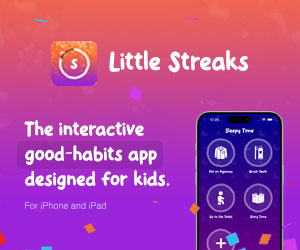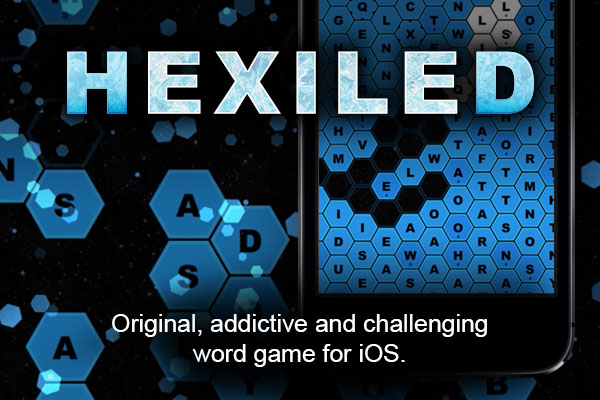Anonymous
Years ago
Junior National & Elite Basketball Programs
I am starting a thread for the purpose of conversation and understanding among people involved with and who have experience in junior elite basketball programs. Maybe we can all learn from our experiences?
Knowledge and experience from other sports in relation to this topic would be a welcome addition as I see it important for us in the basketball world to share and learn from other sports.
Knowing a little bit about the elite pathways here in Australia over some years has exposed me to certain people who have come and gone. It has also provided me with a view of our elite pathways and those programs aligned to the National pathway in each State, however I am not familiar with how every State runs their own elite junior basketball programs.
I am interested in how we see these programs, our experience in them, how they are percieved, what results they are producing compared with what they have been established to produce, or in fact what we see that they could or should produce.
I am very keen to learn how athletes are managed and if we are doing this for the best interest in the athlete or is there better ways to manage these young kids who still have school and their adolescent - teenage years currently in front of them.
Specifically I think the age groups most at risk or at least the age groups most relavant for discussion should be from about under 16 - under 18, however the under 14 age group would also be important as athletes can be identified very early these days.
Remember the topic is elite, not elitist or representative level, however all of your experiences could be valid discussion points on this matter.
Reading up on some related topics online I found this link interesting as it covers an important part of an elite athlete's post training recovery and risk of illness or injury due to over loading:
http://www.nature.com/icb/journal/v78/n5/full/icb200071a.html
I believe we have changed our elite basketball pathways at National and State level a few times over the years of late. Have they improved and are we focused on KPI's and statistics, results and shooting percentages or are we in it for true people/athlete development (mentally and physically)?
I am wondering if we are getting it right, or do we risk breaking kids without considering specific tailor made programs for the individual? Why are kids being discarded or leaving our elite programs and where are they ending up after years in them?
This topic does not exclude the COE (former AIS), so any I think it is valid to discuss all of our elite programs, this one included. But kids at the COE do have the benefit of having everything they need to become elite and still do their school work, strength and conditioning, basketball techniques and skills at their finger tips.
Teenage kids have to make sacrifices to be elite athletes, yes this is true, however do our elite junior basketball programs consider the amount of time high school age students need to recover, sleep, study and attend classes along with everything else life throws at them? A one hour skill session could take three hours for a kid in the suburbs, taking into account travel time, preparation etc...
Basketball is great fun and can offer many opportunities, this sport is a world recognised game and college scholarship pathways can present one avenue to a better education and life experience by using basketball as the vehicle to achieve your goals.
But lets face it, there are few roster spots at the top of the pyramid in basketball world wide and fewer still here in Australia. Playing for your country is a wonderful dream, but realistically at a guess only less than 0.01% of the population will ever be able to get to these heights.
So, what is it that out elite basketball programs should really be focused on, is it medals, is it fitting an athlete into an inflexible system created to count stats and KPI's or should we adopt a more well rounded approach taking into consideration that all athletes are in fact different and need to be catered for accordingly?
Knowledge of sleep depravation and the risk of over loading athletes has been around for some time, it may be other people's experience that we get this right, I would like to open this topic for discussion though so that we can all have our say:
http://canadiansportforlife.ca/sites/default/files/resources/Sleep_Recovery_Jan2013_EN_web.pdf






